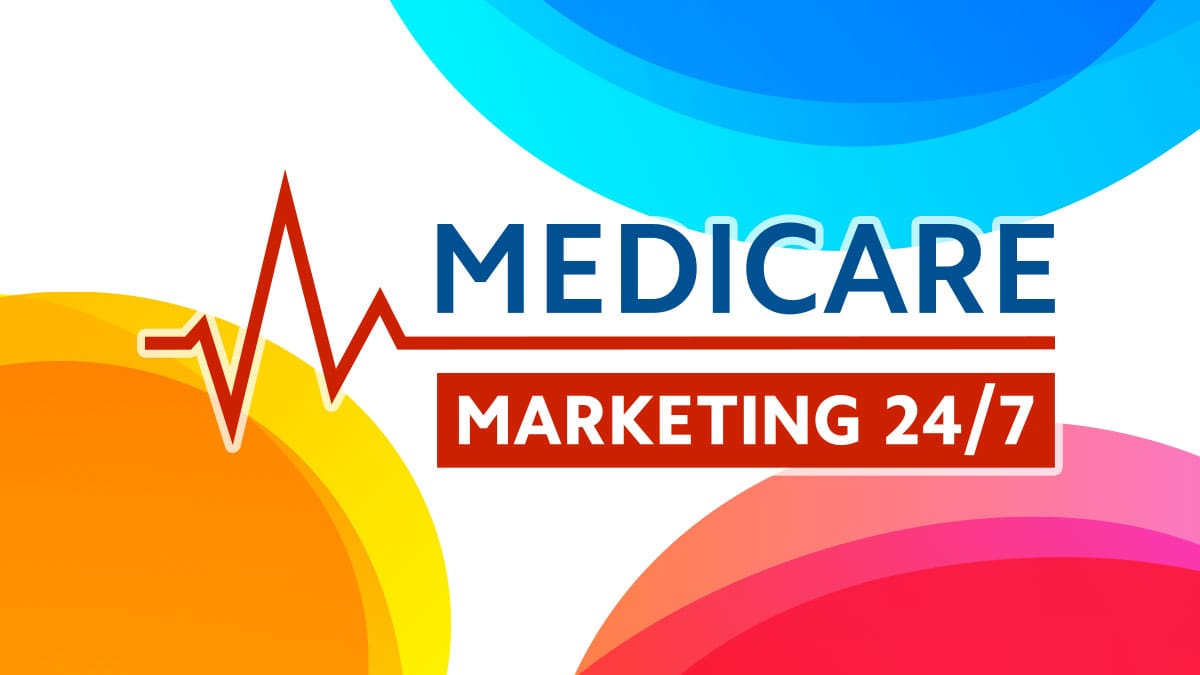
Artificial intelligence (AI) is revolutionizing industries across the globe, and the Medicare sector is no exception. As the landscape of healthcare becomes increasingly complex and competitive, insurance agents and marketers are turning to AI to enhance their marketing strategies, optimize operations, and improve customer experiences. From personalized marketing to advanced data analytics, AI is reshaping how Medicare plans are marketed to beneficiaries. Here’s a look at how medicare marketing 2025 AI is transforming Medicare marketing and what it means for both agents and beneficiaries.
1. Personalizing Marketing Efforts
One of the most significant ways AI is transforming Medicare marketing is through its ability to personalize marketing efforts at scale. AI-powered tools can analyze vast amounts of data to segment audiences based on their demographics, health conditions, enrollment history, and preferences. This allows marketers to craft tailored messages that resonate with individual beneficiaries. For example, AI can help create personalized email campaigns, website content, or social media ads that address the specific needs of a Medicare beneficiary, such as information on low-cost Medicare Advantage plans or options for individuals with chronic conditions. By delivering relevant, personalized content, AI helps improve engagement rates and increases the likelihood of converting leads into customers.
2. Automating Customer Interactions with Chatbots
Another major transformation brought about by AI is the use of chatbots for customer interactions. Medicare beneficiaries often have a multitude of questions regarding plan options, eligibility, coverage details, and enrollment procedures. Traditionally, answering these questions would require significant human effort, leading to delays or missed opportunities. However, AI-powered chatbots can instantly respond to inquiries 24/7, providing immediate, accurate answers to common questions. These bots can guide potential beneficiaries through the Medicare process, offer tailored plan recommendations based on their needs, and help schedule consultations with human agents when necessary. By automating these interactions, agents can free up valuable time to focus on more complex tasks, while also ensuring that beneficiaries receive timely assistance.
3. Predictive Analytics for Lead Scoring and Conversion
AI’s ability to process large datasets and identify patterns has enabled predictive analytics in Medicare marketing. Using machine learning algorithms, AI can analyze data from past campaigns and customer behaviors to predict which leads are most likely to convert into Medicare beneficiaries. For instance, AI can evaluate factors such as previous engagement with ads, email opens, web browsing behavior, and demographic data to assign lead scores. These scores help agents prioritize high-value leads, ensuring that marketing efforts are focused on those who are most likely to enroll. Predictive analytics not only increases conversion rates but also improves the efficiency of marketing campaigns by directing resources to the most promising opportunities.
4. Enhancing Compliance and Reducing Errors
Medicare marketing is subject to strict regulations and guidelines set by the Centers for Medicare & Medicaid Services (CMS). Ensuring compliance with these rules can be time-consuming and complicated, but AI is helping agents streamline this process. AI tools can automatically check marketing materials, such as ads, emails, and brochures, to ensure they adhere to CMS regulations. For example, AI can flag phrases that are misleading or non-compliant with Medicare rules, helping marketers avoid costly penalties. Additionally, AI-powered platforms can track enrollment dates, plan changes, and communications with beneficiaries to ensure all interactions are documented and compliant. By reducing the potential for human error, AI supports agents in maintaining adherence to legal requirements and avoiding compliance issues.
5. Optimizing Campaign Performance Through Real-Time Analytics
AI also plays a pivotal role in optimizing Medicare marketing campaigns in real time. Through AI-driven analytics, marketers can monitor campaign performance on various platforms, such as social media, email, and paid ads. By tracking key performance indicators (KPIs) like click-through rates, conversion rates, and engagement levels, AI can provide actionable insights into what is working and what needs improvement. For example, AI can identify which messaging resonates most with certain segments of the audience or highlight underperforming ads that need adjustments. These real-time insights allow marketers to quickly adapt their strategies, ensuring campaigns remain effective and efficient. Continuous optimization leads to better outcomes, reduced costs, and more satisfied beneficiaries.
Conclusion
AI is undoubtedly transforming Medicare marketing by enabling personalized outreach, automating customer interactions, enhancing compliance, and improving campaign performance. Through the power of data analysis, predictive insights, and automation, Medicare agents and marketers can deliver more targeted, efficient, and effective campaigns. As AI technology continues to evolve, it will only become more integral to the future of Medicare marketing, helping agents build stronger relationships with beneficiaries and ultimately drive greater success. By embracing AI-powered tools, marketers can streamline their processes, maximize engagement, and stay competitive in an ever-evolving healthcare landscape.
